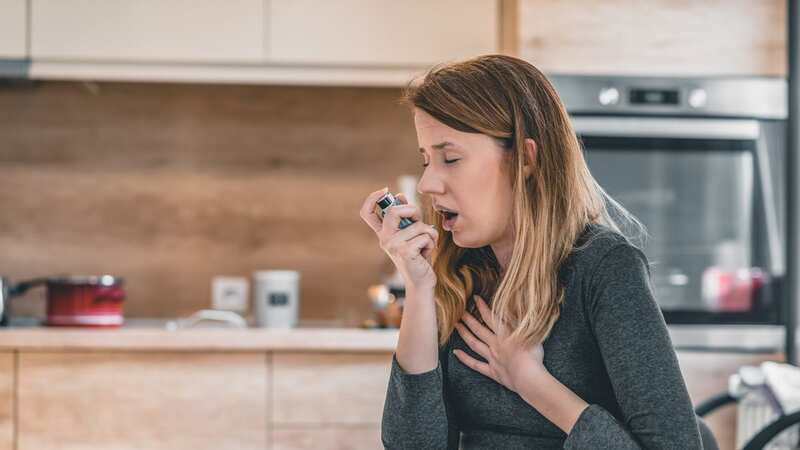Seven health conditions that can be triggered by turning the heating on

The weather is getting colder and many households will start turning on the heating for the first time this year.
While it is important to stay warm in winter, central heating can also have a negative effect on our health, especially for people who have existing conditions such as asthma and eczema. To help you cope with any issues, Dr Neel Patel, a GP from LloydsPharmacy Online Doctor, has explained what you can do to protect yourself when you turn on the heating this winter.
The expert explained that central heating can make the air inside our homes "very dry" and if you suffer from lung conditions such as asthma, they may flare up. He explained: "You may find the dry air triggers coughing and shortness of breath."
 Dr Neel Patel has shared some tips to protect your health this winter (LloydsPharmacy Online Doctor)
Dr Neel Patel has shared some tips to protect your health this winter (LloydsPharmacy Online Doctor)Turning on the heating could also lead to sinus infections, as the air dries out the layer of mucus lining your nose, leading to blocked sinuses, said Dr Patel. And if you suffer from allergies, you may also experience issues during winter. Dr Patel explained: "As radiators heat the air in a room, a process known as convection is produced. This causes dust to circulate around the room which can trigger allergies."
Some people could also suffer from headaches and migraines during this period, as it is possible to become dehydrated when spending a whole day in a centrally heated environment. Dr Patel added that if you have eczema or dry, sensitive skin, you may also notice that this is worse in winter. He said: "The reason for this is central heating dries out the air and reduces humidity which can trigger eczema and skin irritation."
 London flat for rent for £1,400 a month with bed tucked away in kitchen cupboard
London flat for rent for £1,400 a month with bed tucked away in kitchen cupboard
And as the dry air can cause your tears to evaporate too quickly, there is also a risk of experiencing gritty, dry and itchy eyes, said the doctor. During the winter months, you may also experience nosebleeds, as Dr Patel explained: "You may also find you get more nosebleeds in the winter months. Again, this is due to the lack of moisture in the air which can result in dryness and scabs inside your nostrils."
To help manage these conditions this winter, Dr Patel said you should ensure you have the right medication - whether that is migraine relief tables, allergy medication or an asthma inhaler. He said you should also ensure your home is not extremely warm as it is important to find a balance. He explained: "Both a room that is too warm and a room that is too cold can be bad for your health so it’s about finding a balance. 18C is usually the temperature recommended for bedrooms while 21CC is ideal for living rooms."
Another tip is to moisturise your skin either with ointments, lotions or creams. Dr Patel said you can also invest in a humidifier to regulate the amount of water vapour in the air. But if you are on a budget, you can also consider placing a bowl of water near heaters, he said. And finally, the expert said you should not forget to drink plenty of water - around six to eight glasses a day - to avoid dehydration.
Read more similar news:
Comments:
comments powered by Disqus

































